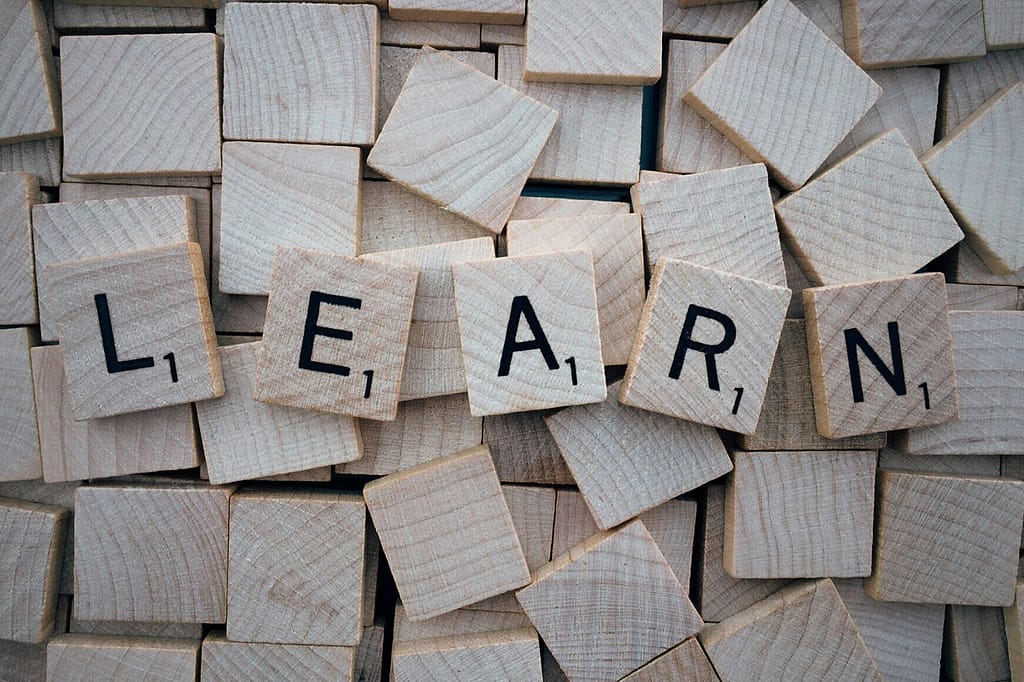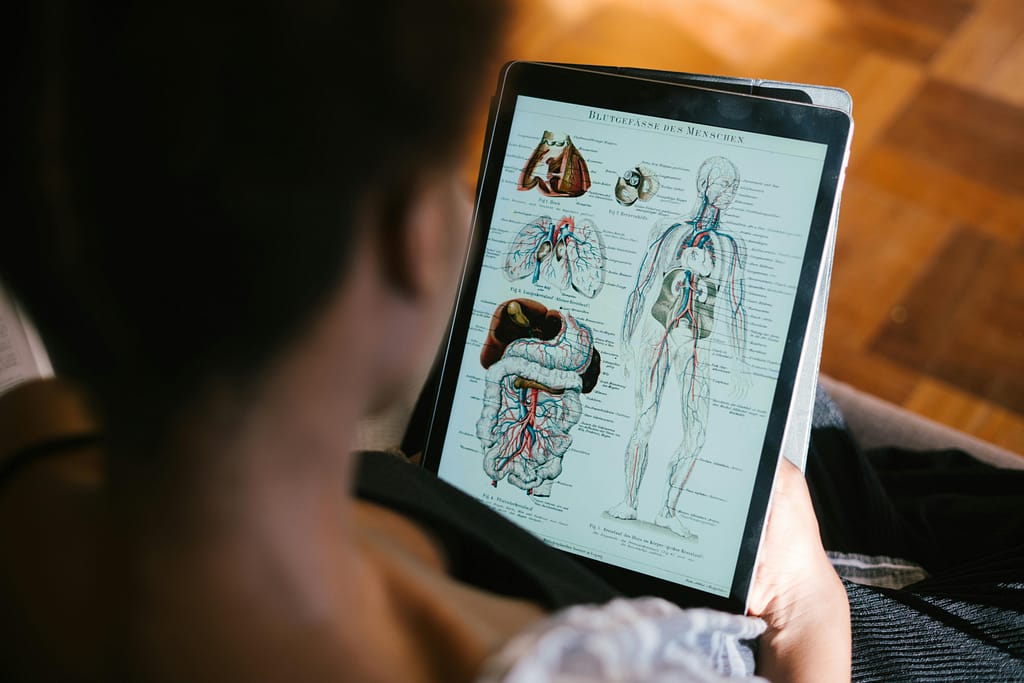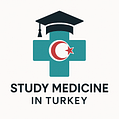The journey through medical studies raises questions about effective Study Techniques for Medicine. In this context, we aim into personalized study methods, time management practices, and the balance between memorization and understanding in the pursuit of success in the field of medicine.
Contents

In my opinion, this question has to be answered by everybody themselves. Every person has their study technique, which fits the strengths and weaknesses of that person. The learning method of a successful person can be unfavorable for another person. Still, its inappropriateness has to be experienced to exclude this particular technique. So, it is not wrong to experience several ways to finally discover the most suitable for someone. Many people I have met try to blame their low marks on their wrong study technique, which is not inappropriate. But, I think that these failures are more related to the amount they spend learning with their technique rather than the method itself. There is no universal method enabling someone to reach the success he or she desires. It rather determines the efficiency.
Say Goodbye to Procrastination in Your Medical Studies!
There is a rule every medical student would agree with: “Don’t put off until tomorrow what you can do today”. This is not only concerning medical students. Instead this sentence should be engraved into the heads of every person who has a goal. The work you do not do today will sum up. In the following days, it becomes more difficult from day to day till getting invincible. Anatomy is maybe the subject associated the most with the study of medicine. If you do not learn the anatomy of the hand in the first week as an example, you will have to learn it in the following week in addition to the anatomy of the leg. There is no secret about it. The only problem is that could prevent you from learning the anatomy of the leg properly, resulting in a lack of knowledge in both subjects.
Our brain needs time to process these huge amounts of vocabulary, becoming much worse for people being aware of their weakness in memorizing.

Numerous students, I have talked with, start studying on the first day of every new section. They try to acquire a general overview of the topics and start to organize their study schedule. We usually have a period of four to five weeks between every exam. In the next weeks, they dive deeper into the materials to prevent abstract learning due to the importance of specific knowledge for the exams. In the last two weeks before the exams, a more strict learning period begins, where the new subjects that are taught until the last week of the exam are learned in addition to the revision of the prior lessons.
How about the Myth of Pure Memorization in Medical Studies?
Many medical students emphasize diving deeper into the materials and not neglecting to memorize them. Colleges, who did not get good marks in the first exams of the first year, told me that they have tried to understand the materials rather bluntly memorizing them. This is not wrong but is unpractical for typical multiple-choice exams in the study of medicine, where they ask highly exact and specific questions. It is important to understand the different subjects, but some of them such as Anatomy and Histology demand a huge amount of memorization. This does not mean that medical study is completely based on the concept of blunt memorization.

Instead, it is crucial to learn the different processes and mechanisms in many subjects such as Physiology and Biochemistry. But, the exams serve themselves with a solid amount of questions referring to specific parts that are nearly impossible to answer without having memorized them before. This is also the reason why many medical students say that spending time on questions on fields they have not to deepen during their study period, is very, very difficult to solve and quickly becomes an act of overthinking rather than solving. Students known for their good marks have not only memorized the whole textbook. They have also spent extra time on the memorization part added to the understanding part the people I have previously referred to have done.
Some Key Study Techniques for Medicine Students
There are probably many questions you are asking yourself about a medical study like How to study medicine?
- 1. Develop a Study Plan: Developing a study plan is the first step to studying medicine. This plan should include a timeline of when you will study, what topics you will cover, and how much time you will spend on each topic. It is important to be realistic when creating your plan and to make sure that you can stick to it.
- 2. Utilize Study Resources: There are many resources available to help you study medicine. These include textbooks, online courses, practice tests, and study guides. Utilizing these resources can help you stay organized and focused on the material that you need to learn.
- 3. Take Practice Tests: Taking practice tests is a great way to prepare for exams. It can help you identify areas where you need to focus your studying. And, can also help you become familiar with the types of questions that may be asked on the exam.
- 4. Memorize: Memorizing is an important part of studying medicine. To do this effectively, it is important to break down the material into smaller chunks. Use mnemonic devices or other memorization techniques to help you remember the information.
- 5. Manage Your Time: Managing your time is essential when studying medicine. Make sure that you are setting aside enough time for studying and that you are not procrastinating or wasting time on activities that are not related to your studies.
There are two websites about medical studies which I highly recommend. One is TIBBITERIMLER.COM a glossary for medical terms in the Turkish language helping you adapt to the spoken language. The second side medicinequizzes.com contains medical questions about medical subjects especially the smaller subjects in years four and five.
Conclusion
Medical education involves forming a personalized study plan, utilizing diverse resources, and mastering the art of time management. As we reveal the secrets to effective memorization and address common issues about medical studies, motivated students can take the way for a successful and fulfilling academic journey.

Hey there,
As the admin of studyingmedicineinturkey.com, I bring firsthand experience as a foreign medical student studying in Ankara, Turkey. My journey has provided me with valuable insights into the challenges and opportunities that international students encounter while pursuing their medical education in Turkey.
Best of Luck:)



